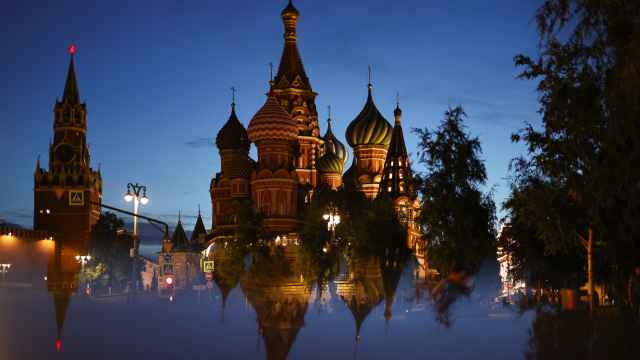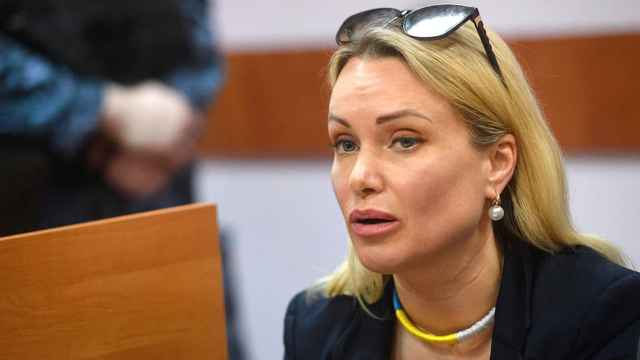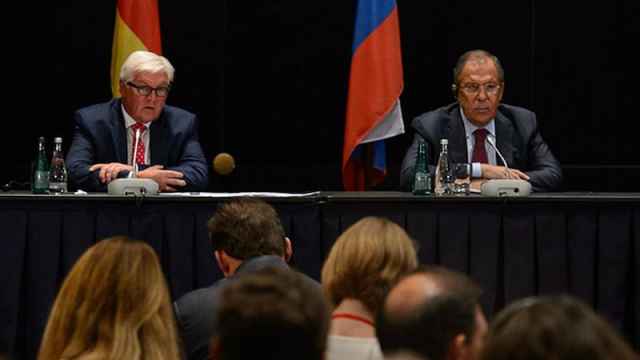German media outlet Deutsche Welle has turned down an invitation to attend Russian lawmakers’ hearings on alleged foreign interference over this summer’s anti-government protests, saying its journalism standards make such meddling impossible.
Weeks of demonstrations over elections for the Moscow city legislature have become the biggest sustained protest movement in Russia since 2011-2013. The Foreign Ministry accused Deutsche Welle last month of calling on Russians to take part in the protests and said it would take action against the outlet under Russian law if it made such calls again.
DW is subject to German law and its Moscow bureau has no “legal opportunity” to attend the Russian parliament’s panel on foreign interference, according to Johannes Hoffmann, the head of general management at DW.
The outlet’s journalism standards “preclude any interference in the internal affairs of other states,” Hoffmann wrote in a letter published by the Russian State Duma on Wednesday.
Hoffmann invited Vasily Piskaryov, who chairs the State Duma’s foreign meddling commission, “to discuss the issue in more detail” with DW director general Peter Limbourg.
Piskaryov on Wednesday said the commission plans to ask German lawmakers to compel DW’s participation in its hearings, the Znak.com news website cited him as saying.
In addition to DW, Russia has accused the U.S. Embassy in Moscow and Google of meddling in Russia's internal affairs by allegedly promoting the protests and encouraging people to attend them.
The Duma’s foreign meddling commission is also expecting U.S. Ambassador Jon Huntsman to attend one of its sessions sometime in the future, Piskaryov said Tuesday.
Recent polling has shown that a majority of Russians don’t believe in the authorities’ claim that Western powers are to blame for election protests in Moscow this summer.
A Message from The Moscow Times:
Dear readers,
We are facing unprecedented challenges. Russia's Prosecutor General's Office has designated The Moscow Times as an "undesirable" organization, criminalizing our work and putting our staff at risk of prosecution. This follows our earlier unjust labeling as a "foreign agent."
These actions are direct attempts to silence independent journalism in Russia. The authorities claim our work "discredits the decisions of the Russian leadership." We see things differently: we strive to provide accurate, unbiased reporting on Russia.
We, the journalists of The Moscow Times, refuse to be silenced. But to continue our work, we need your help.
Your support, no matter how small, makes a world of difference. If you can, please support us monthly starting from just $2. It's quick to set up, and every contribution makes a significant impact.
By supporting The Moscow Times, you're defending open, independent journalism in the face of repression. Thank you for standing with us.
Remind me later.






